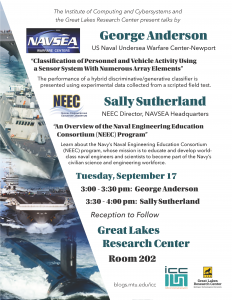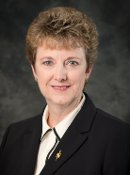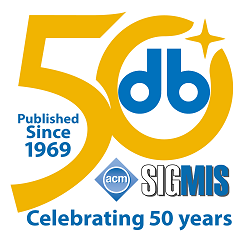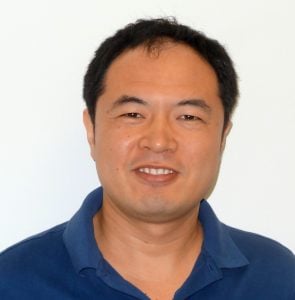
Timothy Havens (CC/ICC), the William and Gloria Jackson Associate Professor of Computer Systems and director of the Institute of Computing and Cybersystems (ICC), was quoted extensively in the article “How to make a career switch into AI: 8 tips,” which was published September 5, 2019, on The Enterprisers Project blog.
https://enterprisersproject.com/article/2019/9/ai-career-path-how-make-switch



 George Anderson and Sally Sutherland of the
George Anderson and Sally Sutherland of the 





